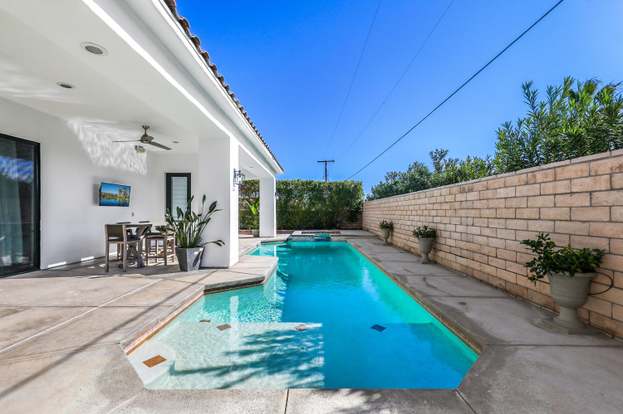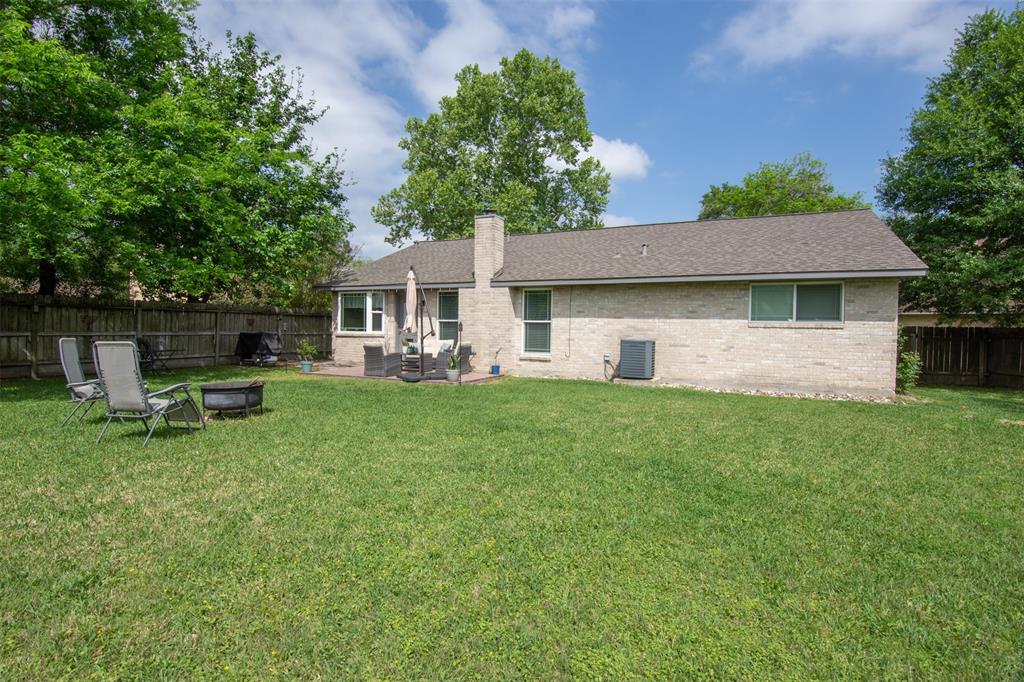

The foreclosure process occurs when lenders repossess the house, often against an owner's will. A short sale transaction occurs when mortgage lenders allow the borrower to sell the house for less than the amount owed on the mortgage.

Both also have a negative impact for your tax return, credit score and credit report, and future prospects getting a loan.īut short sales and foreclosures differ greatly in process. Short sale and foreclosure are similar in that they're both financial options for individuals who own homes but find themselves in financial distress. What is the difference between a short sale and foreclosure? A deed in lieu of foreclosure is a transaction where a homeowner transfers title or ownership of the property to the lender in exchange for being released from their loan debt-free and clear. If no one buys the home at auction, the lender becomes the owner and it's considered a bank-owned or REO (real estate–owned) property.Īnother option to avoid foreclosure is to do a deed in lieu of foreclosure. To foreclose, they'll schedule a foreclosure auction to sell the house to a third party. Foreclosure auctions will be advertised in local newspapers and are typically held at either the property or the local courthouse, says Cathy Baumbusch, a real estate agent with Re/Max Allegiance in Alexandria, VA. If the debt is not recouped, lenders will step in and foreclose on the property. This period is called pre-foreclosure and can last anywhere from 30 to 120 days after receiving the Notice of Default. This notice is to let the borrower know he is at risk of foreclosure-and when they foreclose, the current owner will be evicted.Īfter receiving the Notice of Default, borrowers can try to settle their loan debt with their lender either through a short sale or by paying the mortgage balance they owe. What is a foreclosure?įoreclosure is a legal process that happens when a homeowner (although "borrower" might be a more appropriate term from the perspective of the lender) is unable to make mortgage loan payments for a significant period of time.Īfter three to six months of missed mortgage payments, a lender will issue a Notice of Default with the County Recorder's Office. A deficiency judgment is where, after a short sale ends, the mortgage holder seeks to recover the "deficiency" (the money it lost in this home sale) through a court order placing a lien on the debtor for further money (so in this case, a mortgage lender acts as a lien holder). Some states outlaw this practice, but you should ask, just so you aren't blindsided by it later. Like other homes for sale, a short sale property will be listed by a real estate agent (typically one who specializes in short sales).įor the seller, one thing you'll want to watch out for is a deficiency judgment. If the lender accepts the short sale terms, the loan debt will be settled and the borrower released from any further liability once the short sale has closed, says Paola Martinsen with Equity Real Estate in Murray, UT. For example, if the homeowner sells the house for $250,000, but the remaining mortgage loan balance is $300,000, the seller is essentially $50,000 "short" on paying the lender back.

#Bermuda bay fannie mae foreclosures how to#
Here's what these things are, their pros and cons, plus how to tell whether a short sale or foreclosure is the better option for you.Ī short sale happens when a homeowner owes more on the mortgage balance than the market value or sale price of the property at the point the owner wants to sell. For a short sale, the homeowner is essentially asking the mortgage lender (typically a bank) to accept a lesser amount than the total mortgage owed. So if you're struggling to pay your mortgage and aren't sure what to do, allow this primer on foreclosures vs.

What is the difference between a foreclosure and a short sale? Foreclosures and short sales are both options for homeowners who fall behind on mortgage payments, but it's important to understand the difference between these two processes.


 0 kommentar(er)
0 kommentar(er)
